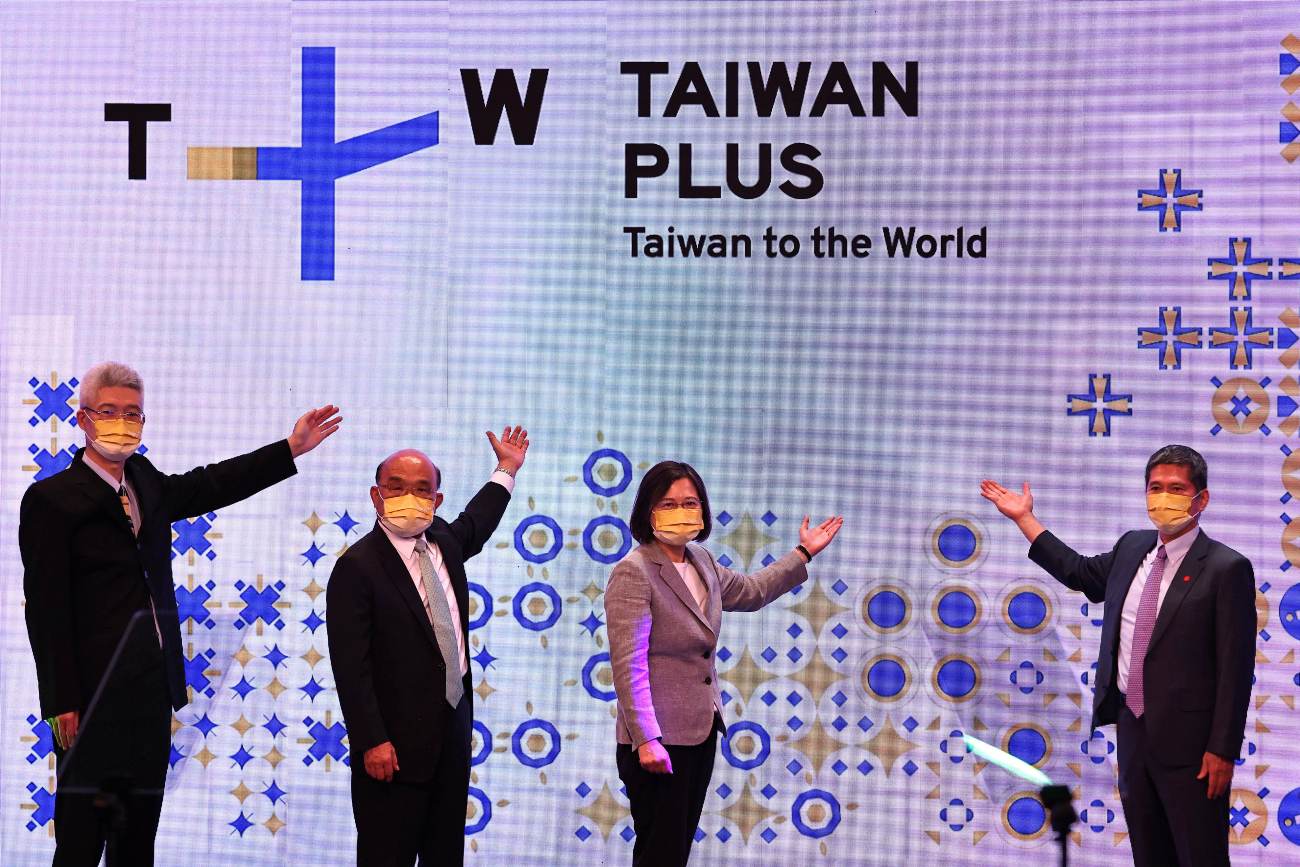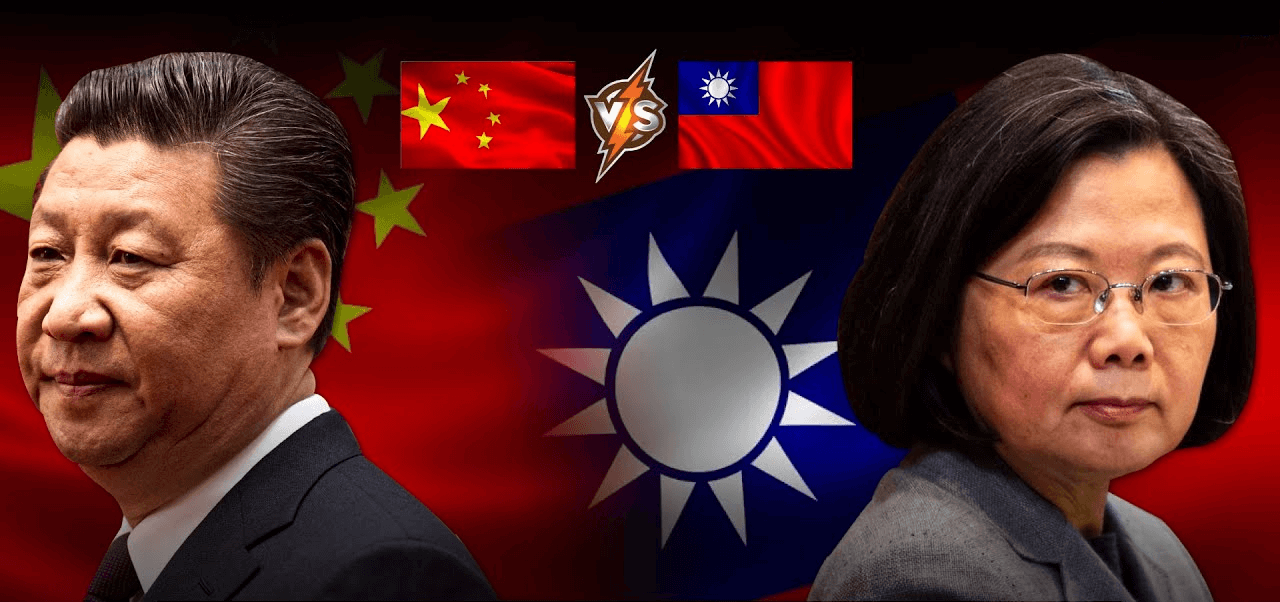Communist China has always been pursuing “checkbook diplomacy,” offering countries cash or loans, or development funds to switch allegiances and gain diplomatic leverage. Therefore, it was not surprising when on March 26, Honduras established diplomatic relations with China, abandoning Taiwan.
Taiwan has only 13 small countries in the Caribbean, Latin America, and the Pacific (Oceania) with diplomatic ties.
However, if one considers the overall efficacy of checkbook diplomacy in furthering a country’s national interests, China has reasons to be cautious. Chequebook diplomacy is bouncing back in many a case. We will see a little later, this is happening in China’s case, too, though it is a great success story about Taiwan.
When Taiwan, officially called the Republic of China (ROC), lost its membership in the United Nations in 1971, following the Sino-US reconciliation that paved the way for communist China (the People’s Republic of China or the PRC) to enter the world body as part of “One China policy,” there were still around 50 countries that continued to be with Taipei.
But that number has been systematically dwindling, thanks to China’s aggressive checkbook diplomacy by offering countries cash or loans to switch allegiances.
Honduras, the latest example, has admitted that it cut ties with Taiwan because it was “drowning” in debt and wanted the extra investment that China offered. China has excelled in doing this also in Oceania, where it snatched countries from Taiwan’s grip.
It is not that Taiwan is not resisting. Taipei, too, has played this game, and that, too, not poorly. It lavishly paid the countries that continued with their recognition of Taipei. It failed when China became a much stronger economy and started paying more.
Drawing this lesson, Taiwan seems determined not to lose any more of its diplomatic partners, a reason behind Taiwanese President Tsai Ing’s ongoing state visit to Guatemala and Belize. She is presently on a 10-day tour to the Americas.
President Tsai is also trying her best to snatch some countries that are now in the camp of China. For instance, there is Micronesia, which currently recognizes China, but is considering switching to recognize Taiwan.
Its outgoing President, David Panuelo, is all set to ditch China. He now alleges that China has threatened to physically harm him and offer bribes to his opponents, including cash envelopes and trips in private jets.
Of course, Micronesia’s support for Taiwan has also come at a price. A few days ago, Taiwan promised Micronesia a US $50 million gift, plus annual payments of US $15 million, to switch allegiances.

As it is, Taiwan, like Communist China, is also known for bribing government officials and leaders of the countries it courts with monthly stipends and scholarships for their children at its universities.
However, in the ultimate analysis, the Sino-Taiwan shadowboxing is unequal. Taiwan’s economy is no match to that of China today. China’s wallet is growing larger for these tiny countries, who also realize the importance of trade with Beijing. As it is, Beijing has opened its checkbook wide to cultivate countries.
China has sustained the North Korean regime with food, arms, and energy. It has pledged many billions more in assistance and credits to African countries than any global financial institution or country. It has announced loan commitments to South American and Caribbean nations greater than the World Bank.
It has provided billions of dollars in state financing for crucial public works projects in Greece and Italy. It has promoted the Asian Infrastructure Investment Bank to parallel the World Bank.
Above all, it has used its ‘One Belt, One Road’ and ‘Maritime Silk Road’ (Belt and Road Initiative or BRI) strategies to woo nations across Eurasia and the Middle East with promises of lucrative economic and infrastructure development.
But then, the fact remains that in this game of checkbook diplomacy, other countries too have participated. The US has also played this game by providing military and economic assistance to countries in all parts of the world.
It provided billions of dollars to Pakistan to stop nuclear proliferation and fight in Afghanistan. The Nunn-Lugar Cooperative Threat Reduction program assisted the former states of the Soviet Union and 40 other countries with billions of dollars to dismantle weapons of mass destruction and their associated infrastructure and secure and dispose of nuclear material.
The US made Egypt and Israel sign the famous ‘Camp David Accord’ in 1978 by making both countries the largest US military and economic largesse recipients. And if one goes a little back, the Marshall Plan of the United States revived the West European economic power after World War II. It kept these countries in the American camp during the Cold War against the then-Soviet Union.
The US has also used foreign assistance and trade to build and strengthen alliances in the Indo-Pacific with an overlapping network of economic partnerships, including bilateral free trade agreements with Australia, the Republic of Korea, and Singapore, and membership in Asia-Pacific Economic Cooperation (APEC) and the Trans-Pacific Partnership.
Washington has bought Sunni insurgents in Iraq for stability in the Shia-majority country. It has economically helped South America and African countries fight traffickers and organized crime.
Considering all this, some experts have characterized US efforts as “checkbook security” rather than checkbook diplomacy.
Talking of others, in recent times, the oil-rich Gulf kingdoms in the Middle East have spent billions of dollars in aiding the Mujahedeen to fight the Soviet Union in Afghanistan. Saudi Arabia has financed Iraqi Sunnis to fight the radical radicals, Islamic State, or Daesh.
It is well known how Saudi Arabia and the United Arab Emirates supplied Jordan with more than US$2 billion in annual aid to contain and dismantle the Muslim Brotherhood. They also funneled billions to Egyptian military leaders following the ouster of former President Morsi.
Similarly, Iran has used its oil money to extend its influence in Iraq, Lebanon through Hezbollah, and the Israeli-Palestinian conflict through Hamas.
However, all said and done, there are also examples of checkbook diplomacy having limitations. Every American effort since the 1990s to aid North Korea with billions of dollars in energy aid and light-water reactors in exchange for freezing and dismantling its nuclear weapons program has gone in vain.
Pyongyang continues to have more and more nuclear weapons. American efforts of aiding and abetting the Afghan mujahideen in their anti-Soviet jihad boomeranged, resulting in the 9/11 terror strike on American soil.

China – Bank Of Developing World
Likewise, China’s overall image as a generous investor by being “the Bank of the Developing World” has also started eroding. China is now proving to be “a tough enforcer” in recovering its loans from and seizing control of strategic assets of the countries which it had generously assisted a decade ago.
The financial turmoil it has caused in Sri Lanka, Pakistan, Zambia, and Surinam – to name just a few – has jeopardized the goodwill it tried to build with initiatives such as the sprawling BRI.
Despite Beijing’s largesse in Southeast Asia, its expansive claims in the South China Sea have only heightened its smaller neighbors’ suspicions and fears. African countries may have embraced China’s checkbook diplomacy, but resentment is growing over shoddy Chinese constructions, environmental damage, and predatory practices.
According to Bradley Parks, the executive director of the AidData research group, countries “were getting to know China as the kind of benevolent financier of big-ticket infrastructure, but the developing world is getting to know China in a very new role—and that new role is as the world’s largest official debt collector.”
Brad Setser, a former senior advisor to the US trade representative in the Biden administration, now at the Council on Foreign Relations, argues, “you make friends when you provide loans. You don’t make friends when you insist on full payment when conditions have changed, and full payment is nearly impossible. China has put itself in a difficult position because the financial interests of its key policy banks now trade-off against its diplomatic interests.”
Parks argues that Beijing may have the checkbook but does not have a playbook for navigating debt crises and sovereign debt restructuring. “China has never gone through this before. They’re kind of extemporaneously trying to make things up as they go along and try to adapt and iterate on the fly.”
That brings one to realize the lessons in the classic “Politics among Nations,” authored by Realpolitiker Hans Morgenthau. He argued that though nations can be wooed in three ways – logic, bribes, and threats – their effectiveness depends on a given situation that varies from place to place and from time to time.
One, therefore, needs all three. Checkbook diplomacy alone cannot do the trick.
- Author and veteran journalist Prakash Nanda has been commenting on politics, foreign policy, on strategic affairs for nearly three decades. A former National Fellow of the Indian Council for Historical Research and recipient of the Seoul Peace Prize Scholarship, he is also a Distinguished Fellow at the Institute of Peace and Conflict Studies.
- VIEWS PERSONAL OF THE AUTHOR
- CONTACT: prakash.nanda (at) hotmail.com
- Follow EurAsian Times on Google News




